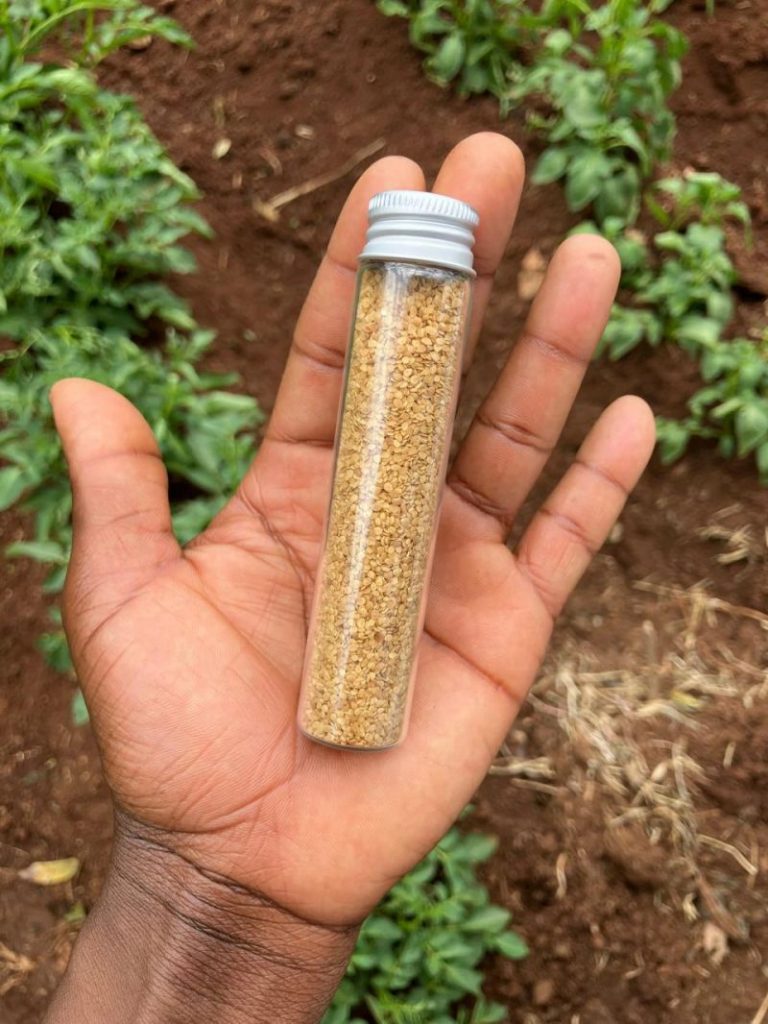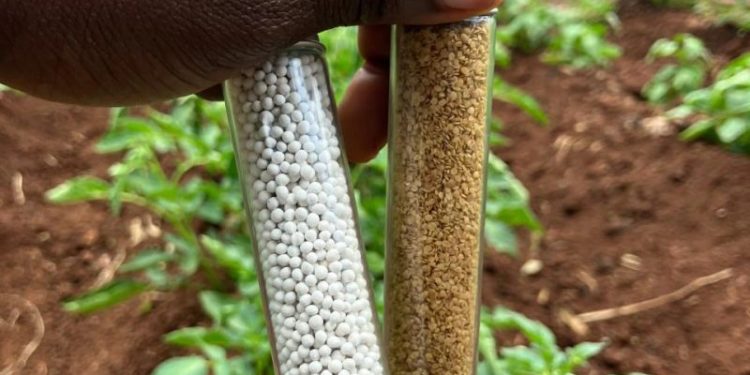How True Potato Seeds Offer Efficiency, Cost Reduction, and Enhanced Yield
Potato farmers and agronomists are increasingly looking for innovative ways to improve efficiency, reduce costs, and boost production. One such innovation gaining attention is the use of True Potato Seeds (TPS). Unlike traditional potato tubers, which have long been the standard planting material, True Potato Seeds offer several advantages that make them an appealing alternative for modern potato farming.
Felister Kiundu, an agricultural professional, has highlighted some of the key benefits of TPS, emphasizing its potential to transform how farmers approach potato production. The advantages of using TPS over traditional tubers or cuttings are numerous, with the most immediate being reduced bulkiness. Farmers no longer need to handle and transport heavy potato tubers, which can significantly lower logistical costs, especially for larger farming operations.
Additionally, TPS offers greater uniformity in tuber production, leading to more consistent crop quality and potentially higher market value. The seeds provide a high-quality planting material, ensuring that crops are less susceptible to disease, while maintaining robust growth potential. This, in turn, could lead to an overall increase in yield, making the switch to TPS an attractive proposition for farmers focused on productivity.
While the advantages are clear, the next step for farmers is to determine where to obtain these seeds and at what cost. Companies like Solynta are working to bring True Potato Seeds to market, but farmers need access to detailed information regarding availability and pricing to make informed decisions.
As potato farming continues to evolve, innovations like True Potato Seeds could play a critical role in meeting the growing demand for efficient, high-yield farming practices. Agronomists, researchers, and industry experts will be closely watching the adoption of TPS, eager to see how it impacts both the potato market and overall farm productivity.






